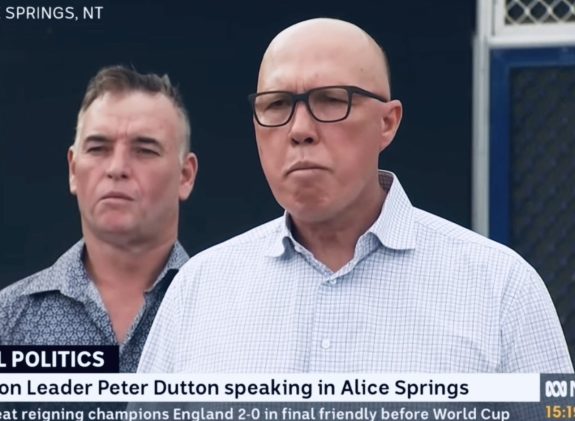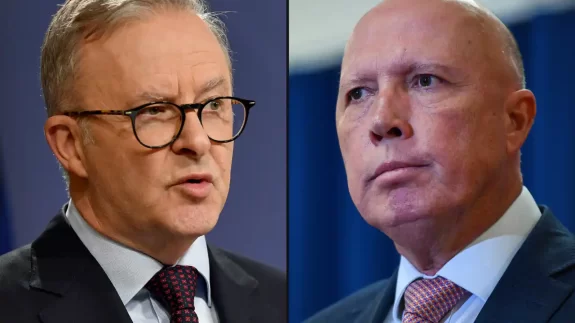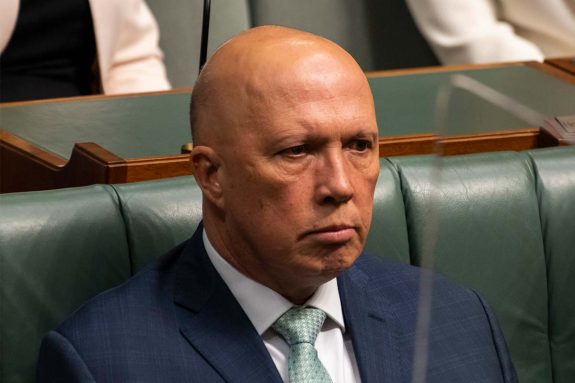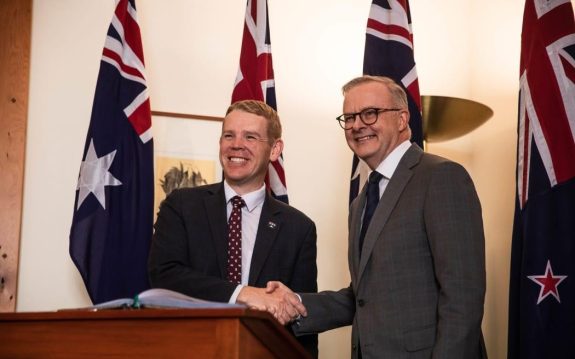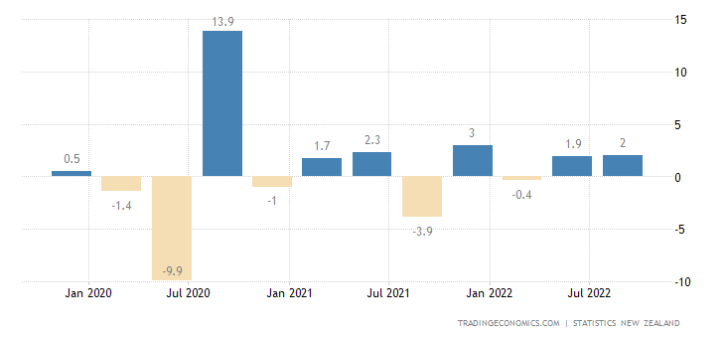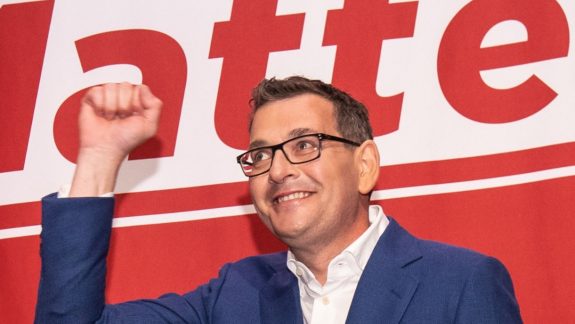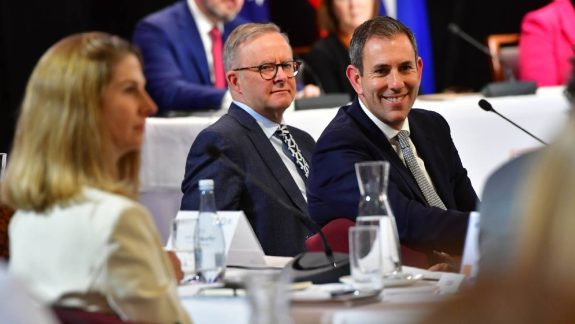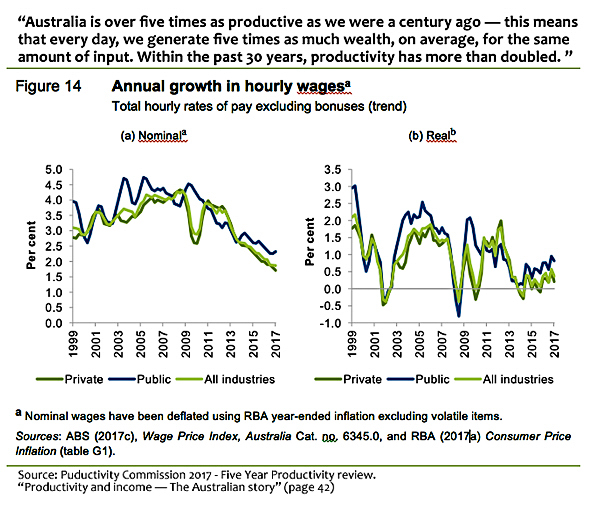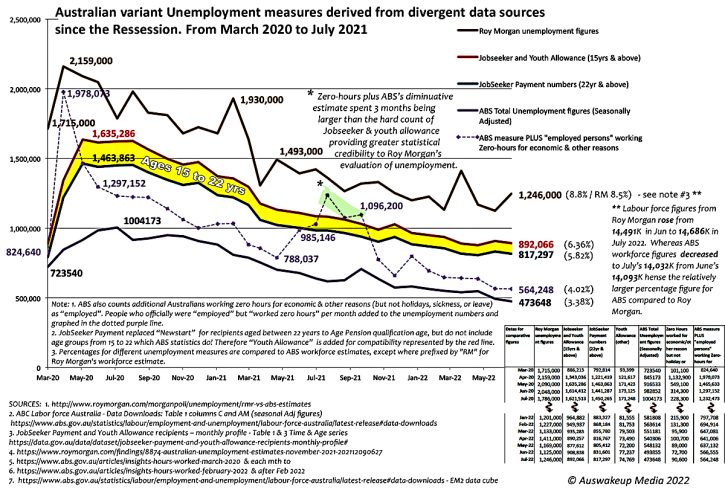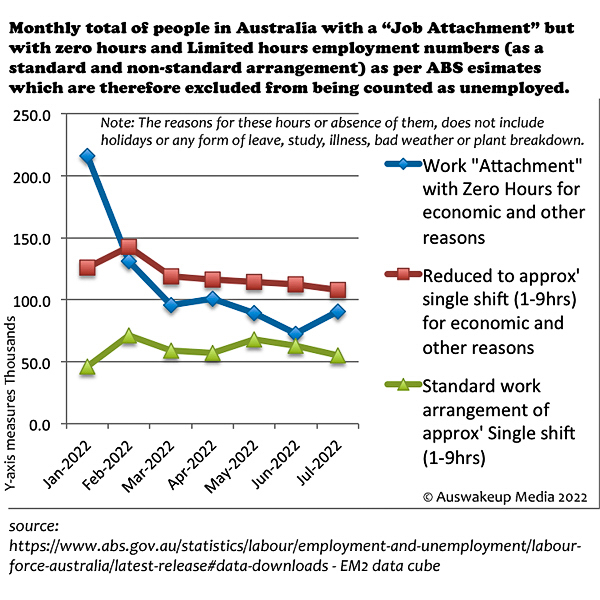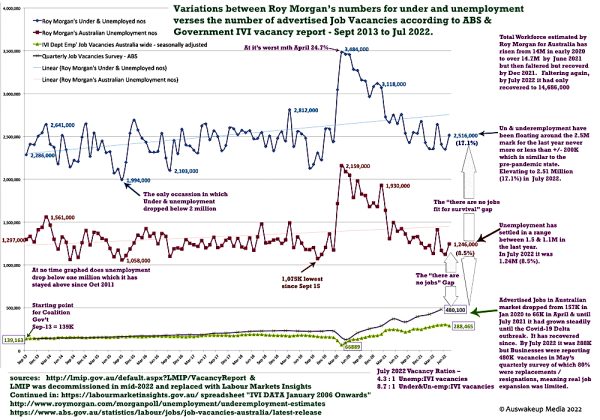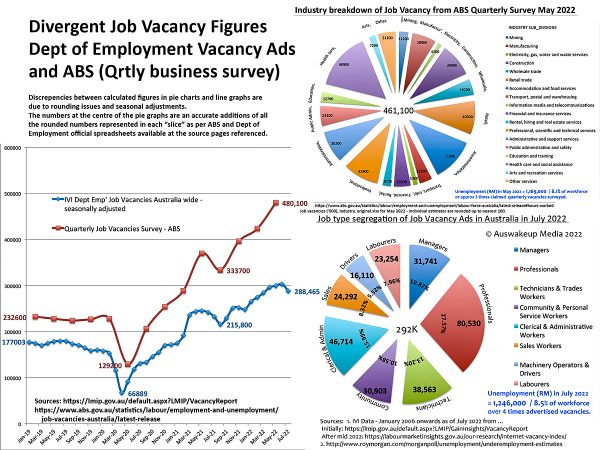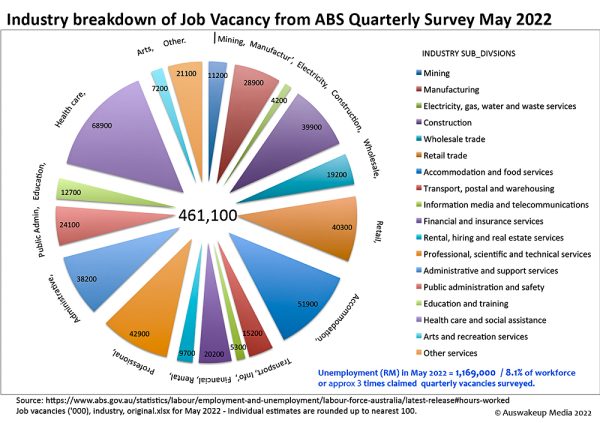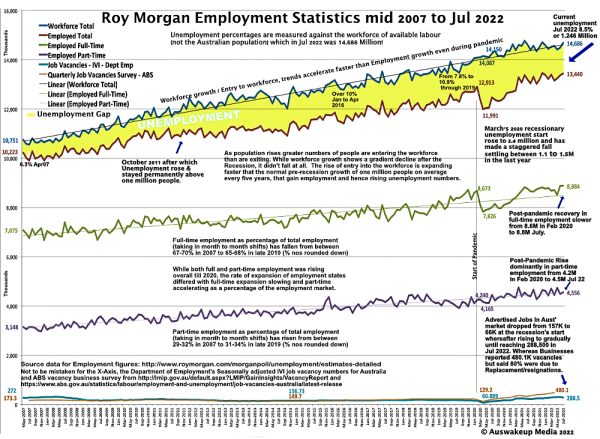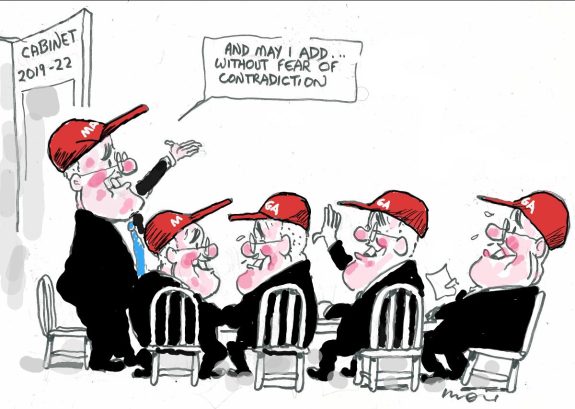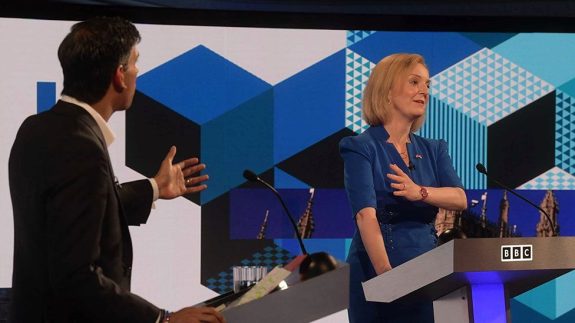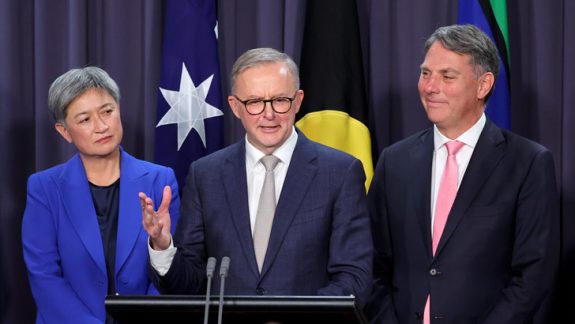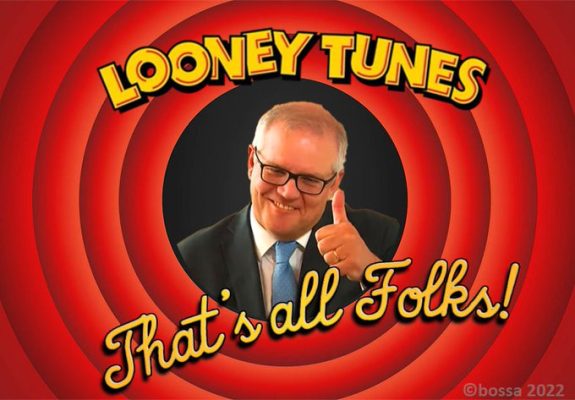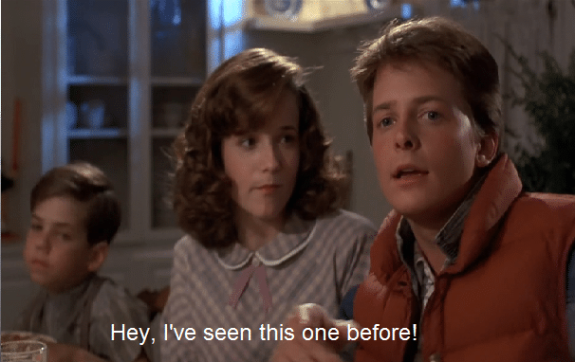Graceless at Lord’s: The Class Goons Strike Back

What are the English other than their excruciatingly worn class, kitted out with a code of manners revocable at an instant? A streak of traditional Englishness, as A. A. Gill wrote, stresses bullying. It made them great in the hope of making others small. A towering creature like Charles James Fox may well have added his worth to the abolition of slavery, but he was an inveterate, stinking bully. And there was much of this recently in the normally staid atmosphere at the so-called home of cricket, a game invented to preserve an Englishman’s sense of providence and eternity.
The occasion was the Second Test Match between the oldest of cricket rivals – England and Australia. As is customary, both teams make their way through what is known as the Long Room, an antiquated structure featuring portraits of the various flannel dressed figures that matter to the Marylebone Cricket Club (MCC). Importantly, the teams doing combat go through the room, to be witnessed like dressed gladiators before battle. And close do these figures come to the members, who clap, encourage and tease as well as they might. Drinks, as usual, flow as the performance takes place.
But something happened on the field that was supposedly not to take place. In the final day’s session, with England making an ultimately doomed assault in an otherwise glorious run chase, Johnny Bairstow was stumped by Australia’s wicket keeper Alex Carey. The stumping did not breach any of the game’s rules; in truth, it was very much within them.
The English expressed lofty, even outraged disagreement. Bairstow, believing the ball dead and the over concluded (for those unfamiliar with this most eccentric, at sometimes soporific of games, an over is a phase of play featuring six deliveries). An opportunistic Carey thought otherwise, throwing the ball at the stumps. The regulation in question, Law 20.1.2, reads as follows: “The ball shall be considered to be dead when it is clear to the bowler’s end umpire that the fielding side and both batters at the wicket have ceased to regard it as in play.” (Read on reader, read on.)
The English team captain, Ben Stokes, every bit the Celtic, bat savaging berserker, whose own performance should be immortalised, got distracted. He moralised about what could only have been described as Bairstow’s lack of awareness, like a dodo caught off-guard: he would not have wanted to achieve victory “in that manner”. The English coach, Brendon McCullum, spoke on Bairstow’s befuddled behalf by insisting that, in his view, the umpires had declared the over finished. (They had not.) In the famed Long Room, the Australian team faced braying and baying and jostling from the gin-filled MCC members, leading to the suspension of a mere three members.
Far from the oxidised memories of these good members, who spend decades hoping to be admitted to the club, was the sharp, unforgiving conduct of England’s own hero, WG Grace, who ran out Australia’s Sammy Jones in the 1882 Oval Test match for straying from his crease. Like Bairstow, Jones had acted under a mistaken belief that the ball was dead. “I taught the lad a lesson,” Grace duly boasted. For these English, history happened to another version of themselves.
Things came to a pretty pass, however, when the British Prime Minister, Rishi Sunak, a multimillionaire merchant banker with an even wealthier wife, a rule breaker himself when Chancellor of the Exchequer regarding pandemic regulations, and a keen proponent of turning back boats and repelling asylum seekers, weighed in. “The prime minister agrees with Ben Stokes,” stated his spokesman. “He said he simply wouldn’t want to win a game in the manner Australia did.”
Such magnificently discordant conduct did not pass unnoticed in The Guardian. Here was a man, Marina Hyde caustically chided, “whose wife’s tax affairs were for so long within the letter of the law, but certainly not the spirit of it.” Nor had Sunak bothered to turn up to a vote on the standards committee’s report on former Prime Minister Boris Johnson’s Partygate deceptions on holding gatherings that breached both the spirit and the letter of pandemic restrictions. “Is true leadership having a view on a stumping but not on whether it’s actually bad to lie to parliament? It is now.”
The broader reaction to the Bairstow stumping, from the sozzled, liver cured MCC members to the opportunistic, politically beleaguered Sunak, was also astonishing given the England and Wales Cricket Board own savage report instancing cases of racism, sexism, elitism and class prejudices.
Hardly cricket, you might say, made even starker by the treatment offered Australia’s own Pakistan-born batsman, Usman Khawaja. For his part, Khawaja took to a stoic mode, one that would have made many a cricketing Oxbridge figure proud. “The [Lord’s] crowd is great,” he told the Nine channel, “particularly the members are great, (but) some of the stuff coming out of the members’ mouths was really disappointing.”
The Australian reaction should not have surprised, and some of it came from well cured terrain, encyclopaedically trained to England’s cricketing deficiencies. “If there’s a certain percentage of yahoos around then there’s a certain percentage of yahoos at Lord’s,” growled former Australian cricket captain, Ian Chappell. “Have they forgotten this is the same mob who had a fight during my brother’s centenary Test at Lord’s?”
Chappell has always been one of the game’s great cutting distillers, filtering the clogging cloaca to give us that most glorious clear image about the sporting figures he admires or detests. “I understand where Jonny Bairstow is coming from and I applaud what he’s trying to do, he’s trying to live up to the etiquette of the game which is when the bowler is ready to bowl, you’ve got to be ready to face up.” On this occasion, silly Bairstow did not do things “sensibly”.
In Australia, the conduct of the MCC members, and the English supporters more broadly, became a source of interest for the government. Might this ignite the impetus for Australia to become a republic? Maybe. But for just that rarest of moments, the Australian men’s cricket team, not always famed for their sportsmanlike disposition, could gaze at England’s runny complaints from the summit, and chortle about having a better understanding of the laws set by, of all bodies, the MCC itself.
Like what we do at The AIMN?
You’ll like it even more knowing that your donation will help us to keep up the good fight.
Chuck in a few bucks and see just how far it goes!
Your contribution to help with the running costs of this site will be gratefully accepted.
You can donate through PayPal or credit card via the button below, or donate via bank transfer: BSB: 062500; A/c no: 10495969










